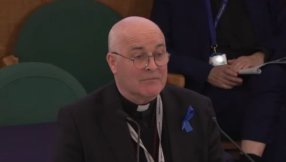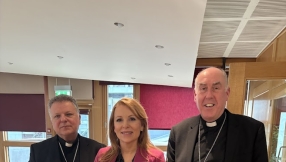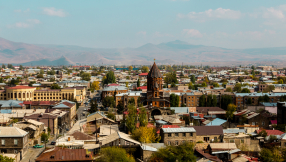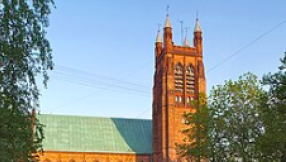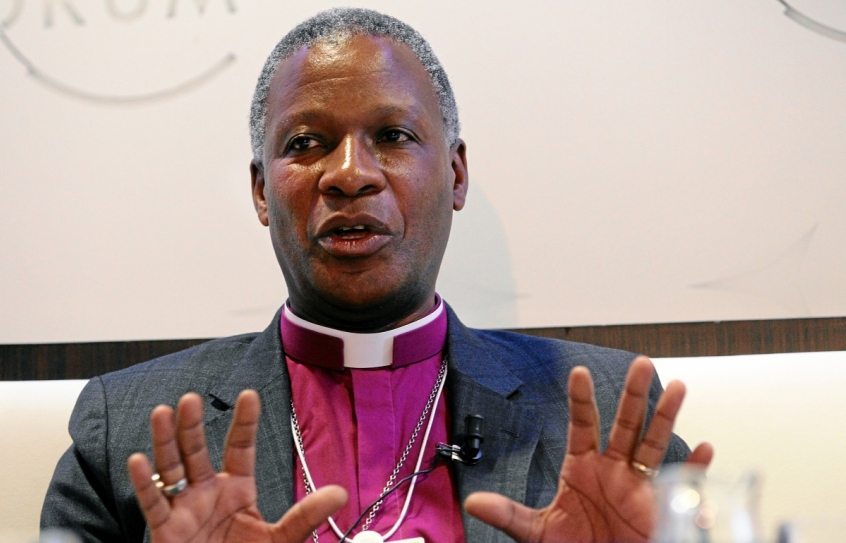
"I was glad I wear glasses or the Synod would have seen the tears."
Those were the words of the Archbishop of Cape Town Thabo Makgoba after the Church of Southern Africa's rejected a proposal to bless the the unions of gay couples.
He was speaking after the Provincial Synod overwhelmingly rejected a move to approve blessings for same-sex couples.
The Anglican Primate, one among few church leaders in Africa to support same-sex marriage, said: "I was deeply pained by the outcome of the debate. I was glad I wear glasses or the Synod would have seen the tears. I wanted to be anywhere but in the Synod hall - I wished I was at home quietly in Makgoba's Kloof.
"If one of you, my church members, is in pain, then I am in pain too. The pain on both sides of the debate in Synod was palpable and no one celebrated or applauded the outcome.
"There are no winners or losers in the Kingdom of God, and we recognised that whichever way the vote went, there was going to be pain."
The province of Southern Africa covers Angola, Lesotho, Mozambique, Namibia, South Africa, Swaziland and the island of St Helena. Only South Africa allows same-sex couples to marry under civil law.
Besides same-sex blessings, the original motion would have allowed bishops to license LGBT clergy in civil partnerships themselves to minister in parishes but this part was withdrawn before the debate.
It needed a simple majority in the House of Bishops, the House of Clergy and the House of Laity. If it had been approved in each of those houses, it then needed a two-thirds majority overall to pass.
The motion failed to achieve a simple majority in any House. The bishops voted 16 to six against the motion, the laity 41 to 25 against and the clergy 42 to 34 against.
In a statement, Archbishop Makgoba said: "We live in a democracy, our Church has strongly advocated democracy, and people on all sides of the debate have to accept the result.
"At the same time, the debate is not over. Without trying to predict its ultimate outcome, or to suggest what that should be, it was notable that a number of opponents of the motion did not reject it out of hand, but suggested instead that opinion in our Church was not yet ready for such a move.
"As it was, the degree of support for the motion was quite substantial if you compare us to other African provinces of the Anglican Church, most of which are vigorously opposed to same-sex unions in any form. This was the first time this issue has been seriously debated by our Church, and representatives are free to raise it again at future synods."
The Anglican Church, like South Africa as a nation, has in the past set an an example to the world over how to can overcome differences such as sanctions against apartheid and the ordination of women as priests.
"It remains my hope that those on both sides of this debate can overcome their differences in a way that will be an example to the rest of the Anglican Communion, which is as divided over the issue as we are," the Archbishop said.
Addressing the LGBT community, he added: "You are loved by God and all baptised, believing and faithful persons, regardless of sexual orientation, are full members of the Body of Christ...We urge you to stick with us to play your full part in the deliberations to come."










